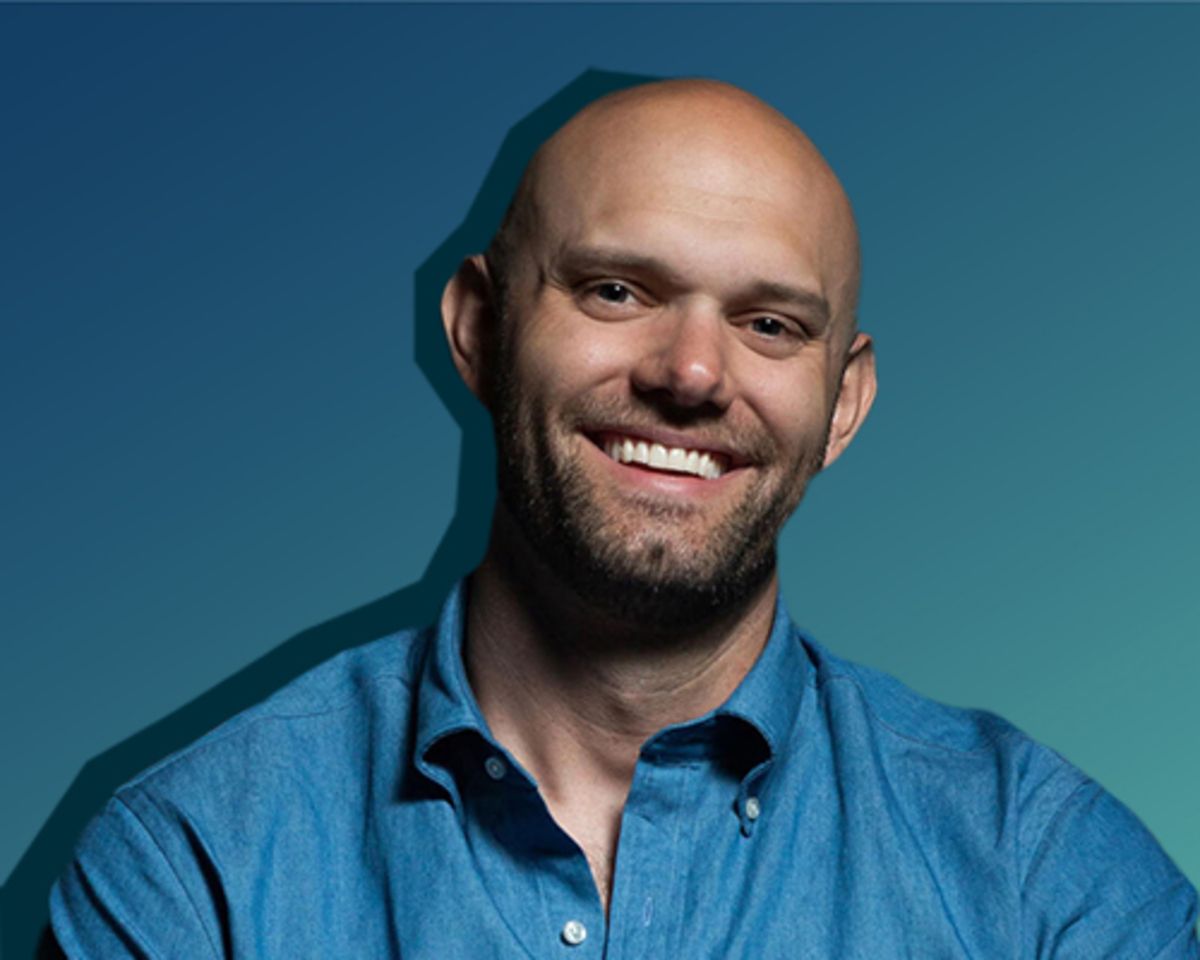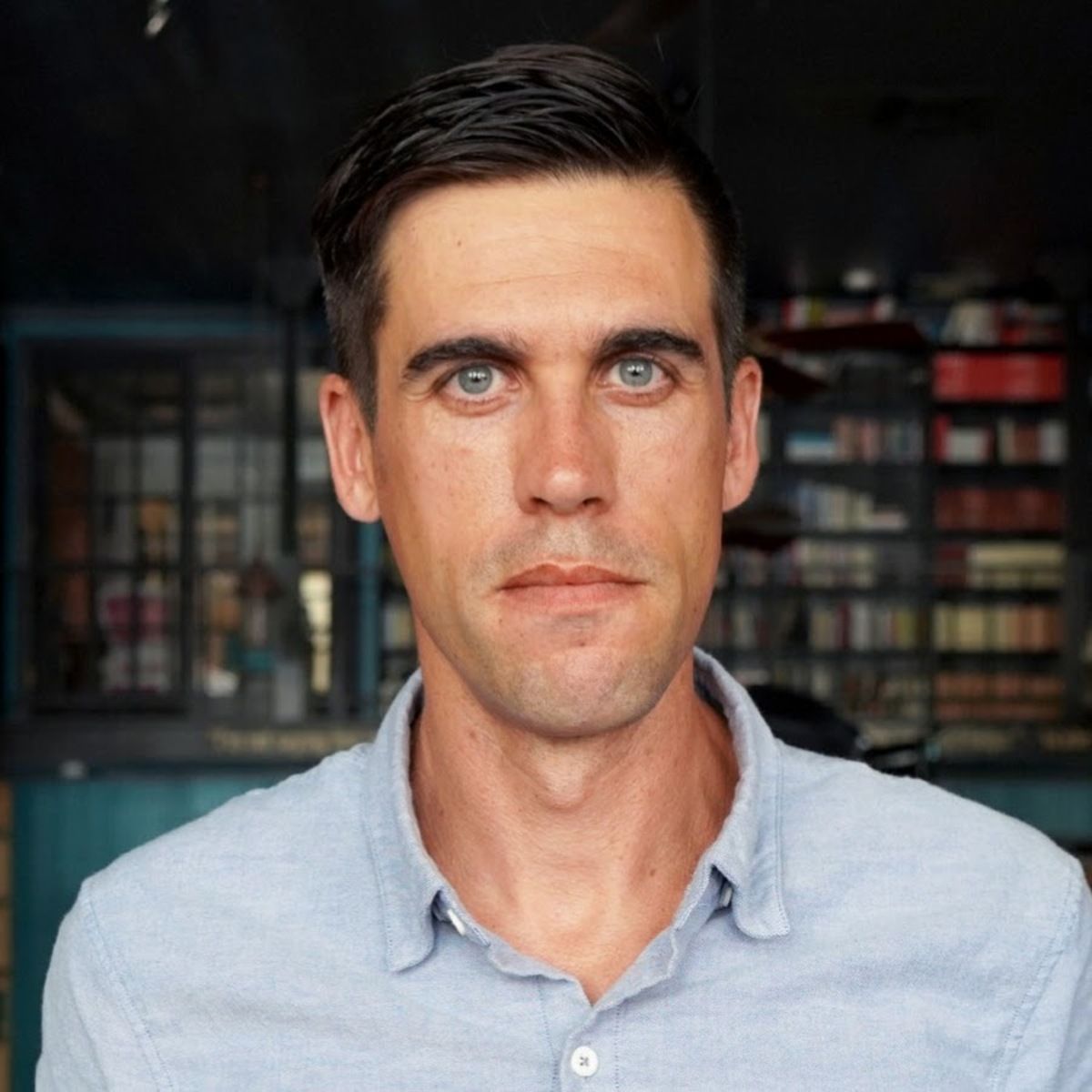How to Read More: The Simple System I’m Using to Read 30+ Books Per Year by James Clear
Warren Buffett once told a group of students that reading 500 pages daily builds knowledge, like compound interest—simple, yet rarely done.
When I reflected on my own reading habits, I realized they were mostly reactive, driven by whatever caught my eye online.
That’s fine, but books generally offer better quality and deeper insights than most online content.
So, I created a system: read 20 pages each morning before anything else.
It’s small enough to be manageable and consistent. In just 10 weeks, I finished 7 books.
The idea is simple: use the first hour of your day to invest in yourself.
Start small, stay consistent, and the results compound over time. 20 pages a day adds up fast.
7 Ways to Retain More of Every Book You Read by James Clear
Reading changes how we view past experiences by offering new mental models that reinterpret old moments.
But reading more books isn’t enough—what matters is remembering and applying what you read.
Start more books, quit the average ones quickly, and reread the great ones.
Choose books you can immediately use, since applying ideas boosts retention.
I always keep searchable notes, whether through digital tools or physical methods, to easily revisit ideas later.
Connecting new insights with previous knowledge helps solidify learning—linking concepts across books builds a stronger understanding.
Summarizing a book in a few sentences forces clarity and reveals key takeaways.
Finally, rereading valuable books helps ideas stick over time, offering fresh perspectives as life changes.
28 Pieces of Productivity Advice I Stole From People Smarter Than Me by Ryan Holiday
I’ve learned that productivity isn’t about reinventing the wheel—it’s about borrowing tricks from those who’ve mastered it.
Casey Neistat taught me the power of a pocket-sized journal to capture thoughts.
Tim Ferriss showed me how a simple notecard system with 5-6 tasks can keep things moving.
Robert Greene’s notecard method helped me organize ideas and anecdotes, while swimming became my go-to for uninterrupted thinking time.
Ramit Sethi reminded me that hiring someone older or more responsible saves time,
And Montaigne inspired me to jot down interesting ideas in a commonplace book.
James Altucher swears by saying “No” often, while Taleb’s concept of an anti-library keeps me focused on lifelong learning.
Finally, never underestimate the power of getting started—action beats over-planning every time.


